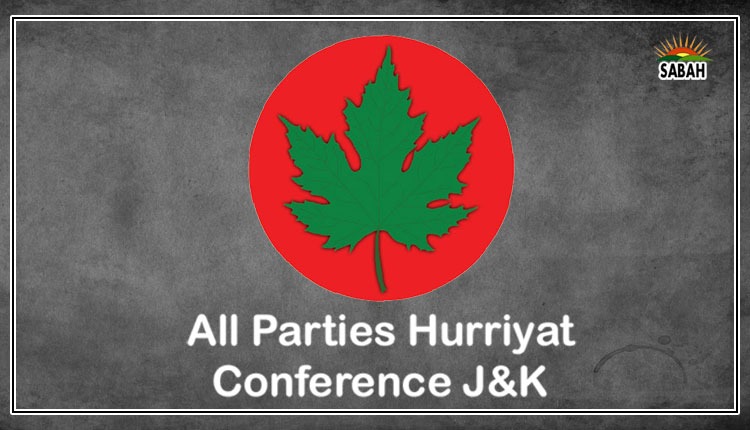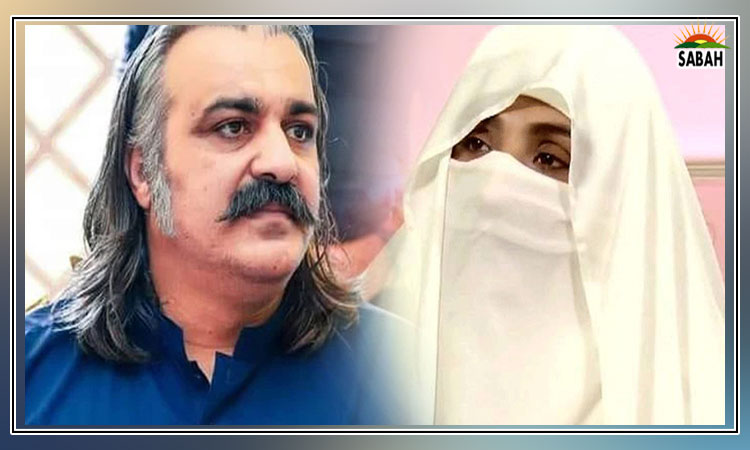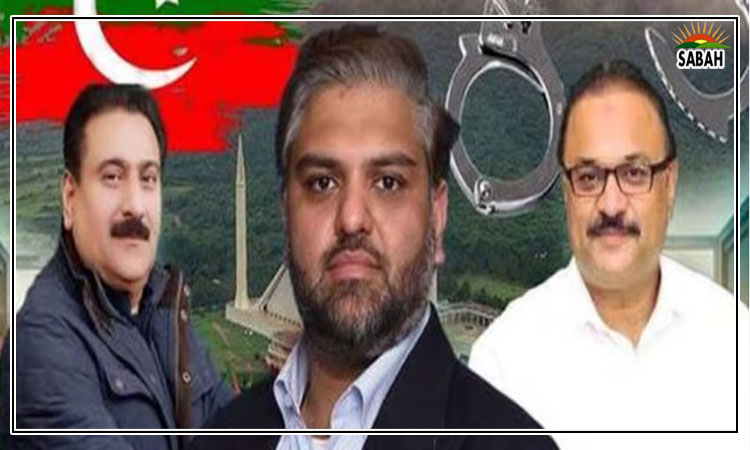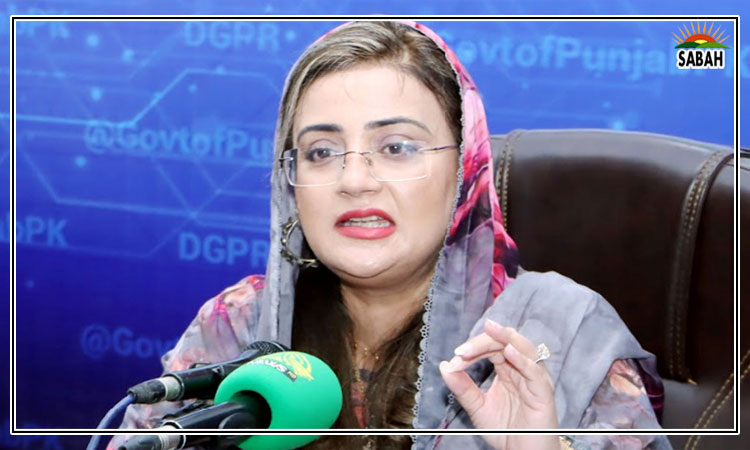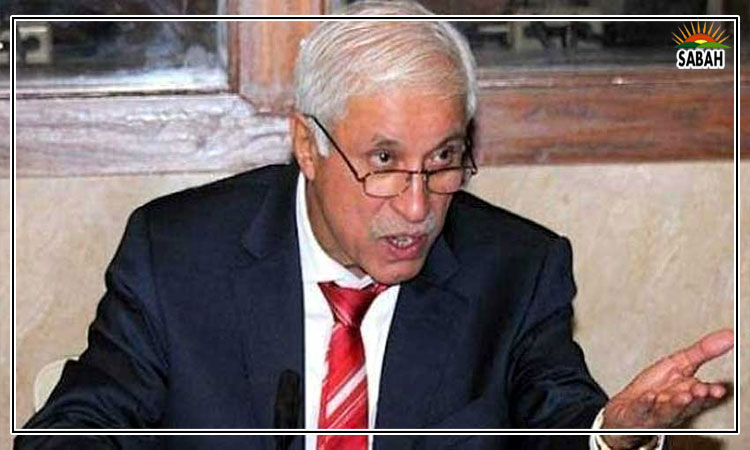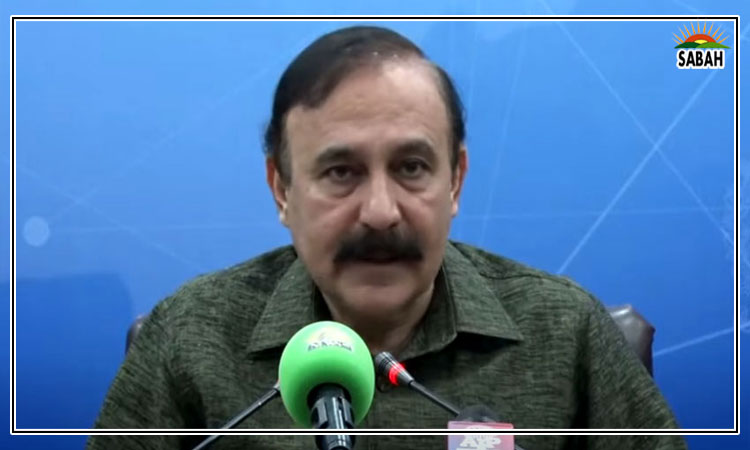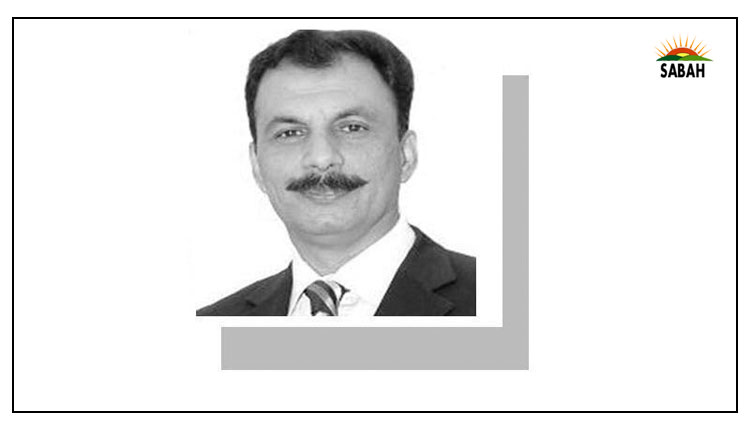The making of HuT…Mohammad Ali Babakhel
IN January 2024, the British government labelled Hizb ut-Tahrir (HuT) as the 80th proscribed terrorist organisation, raising significant questions about balancing the protection of democratic institutions against subversive ideologies and preserving freedoms of speech, assembly, and association. Since the 1980s, HuT has engaged in radical but peaceful activism in Britain. The key question now is whether this ban will deter its members, make monitoring easier for the authorities, allow for legal challenges from supporters, and impact Britains democratic credentials.
HuT was founded in 1953 by Sheikh Taqiuddin Nabhani, a diaspora Palestinian and graduate of Al Azhar University. He believed that the political decline of Muslims worsened after the abolition of the caliphate and the division of the Middle East into various states. He envisioned a political party grounded in Islamism that would counteract these developments and restore Muslim unity and political strength.
Promoting a pan-Islamic narrative, HuT aims to establish an ideological Islamic state. Its reverence for the Ottoman Empire attracted followers who hoped HuT would revive the caliphate, overthrown in 1924, and unite Muslims worldwide as a single nation. HuT attributed the Ottoman Empires disintegration to a Western conspiracy, which, in their view, deliberately fragmented the Muslim world to weaken it.
Banned in Jordan in 1969, HuTs influence spread to Egypt in the 1970s and Tunisia in the 1980s. After proscription in the Middle East, some leaders moved to Europe, gaining popularity among Muslim students in British universities.
HuT identified three stages to achieve its goals.
Utilising modern technology, HuT disseminated its propaganda through web pages, videos, CDs, and email, translating its literature into multiple languages. Their preferred method was the shabnama (night letter), distributed like newspapers.
Nabhani envisioned a future Islamic state led by a caliph elected by a shura, a council with centralised authoritarian powers. The caliph would manage the political system, economy, military, and foreign affairs. While HuT advocated jihad to spread its religious message, it claimed not to support violently overthrowing Muslim regimes, a stance that distinguished it from other more militant groups.
For HuT, establishing an Islamic state is a religious duty, with radical politics seen as an act of worship. HuT identified three stages to achieve its goals: secret, open, and jihad. HuTs secretive, decentralised cell structure made it challenging for authorities to penetrate the organisation. Each cell consisted of five to seven men, with only the head knowing the next level of the party structure. This secrecy made the organisation prone to factionalism, leading to the emergence of splinter groups like Hizb an-Nusra in 1999.
By 2019, HuT operated in over 50 countries, banned in about 20, including Egypt, Jordan, Saudi Arabia, Turkey, Uzbekistan, Pakistan, Bangladesh, China, and Russia. Pakistan banned HuT in 2003. Until recently, HuT remained legal in Britain, but its ban in January 2024 criminalises membership and support, shrinking its operational space.
Unlike the Islamic Movement of Uzbekistan, HuT seeks to co-opt successes from non-Muslim societies for its envisioned caliphate. Targeting the urban intelligentsia, especially students and unemployed youth, HuT aimed to influence those who could drive future political and social changes. Facing restrictions in the Middle East, HuT turned to Europe, where it found new opportunities to spread its message and recruit followers. In Uzbekistan, some members sympathised with IMUs armed struggle, fleeing to Afghanistan to collaborate when restrictions increased in 1998.
Modern states face challenges, including ideological warfare facilitated by technology. Winning the war of ideas requires understanding opposing narratives to avoid wasting resources and deepening societal divides. Both ideology and the modern state are living realities that must adapt for peaceful coexistence. Efforts to suppress ideologies without addressing their underlying causes risk perpetuating cycles of conflict and extremism.
As contemporary societies navigate these complex dynamics, the importance of strategic, informed responses cannot be overstated. This involves not only countering extremist narratives but also promoting inclusive and resilient democratic values that can withstand ideological challenges.
There is a dire need to understand that eliminating extremists alone will not eradicate the ideology. Ideological beliefs, deeply rooted and often driven by perceived injustices, can persist and evolve, further dividing societies if not addressed comprehensively.
Courtesy Dawn




